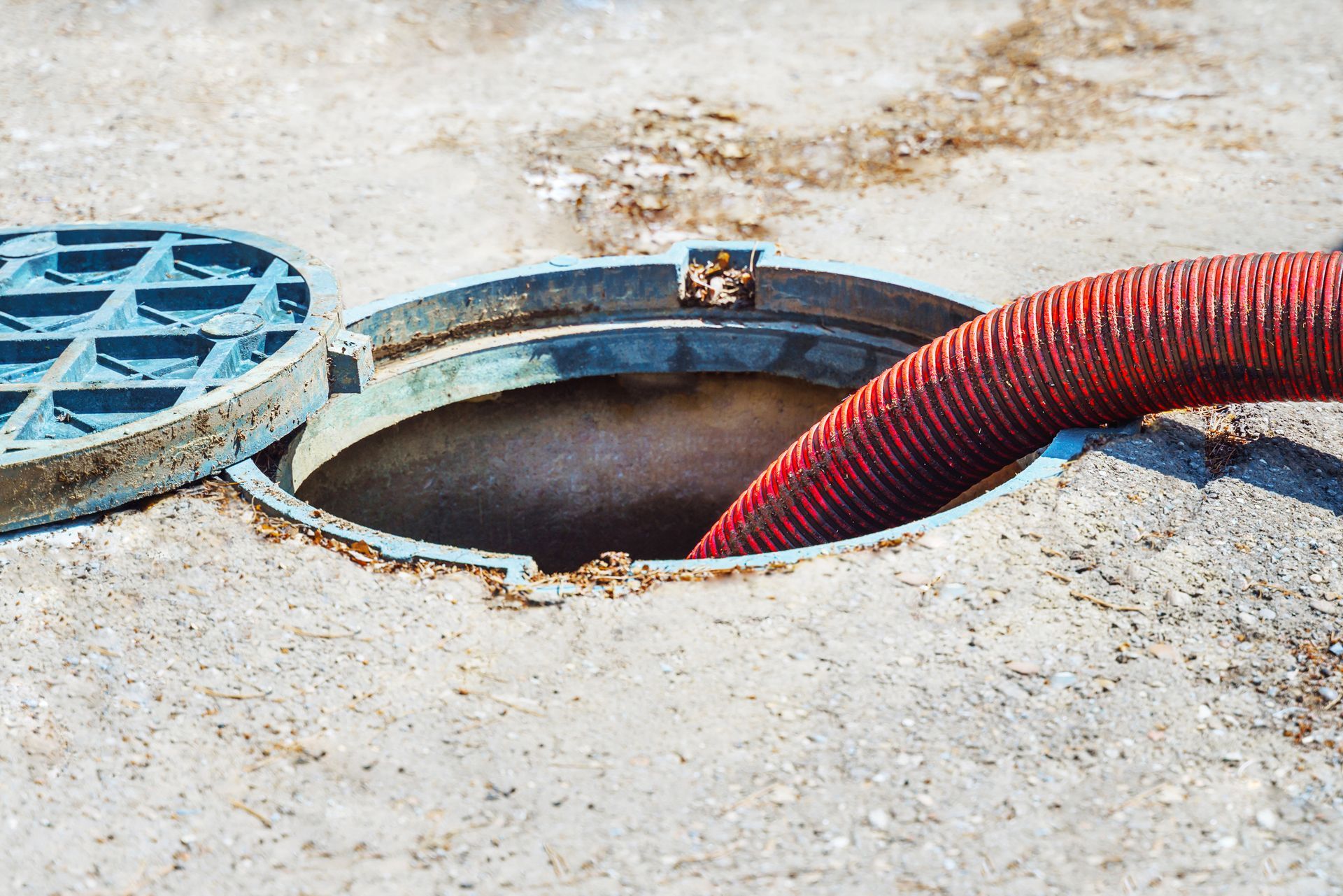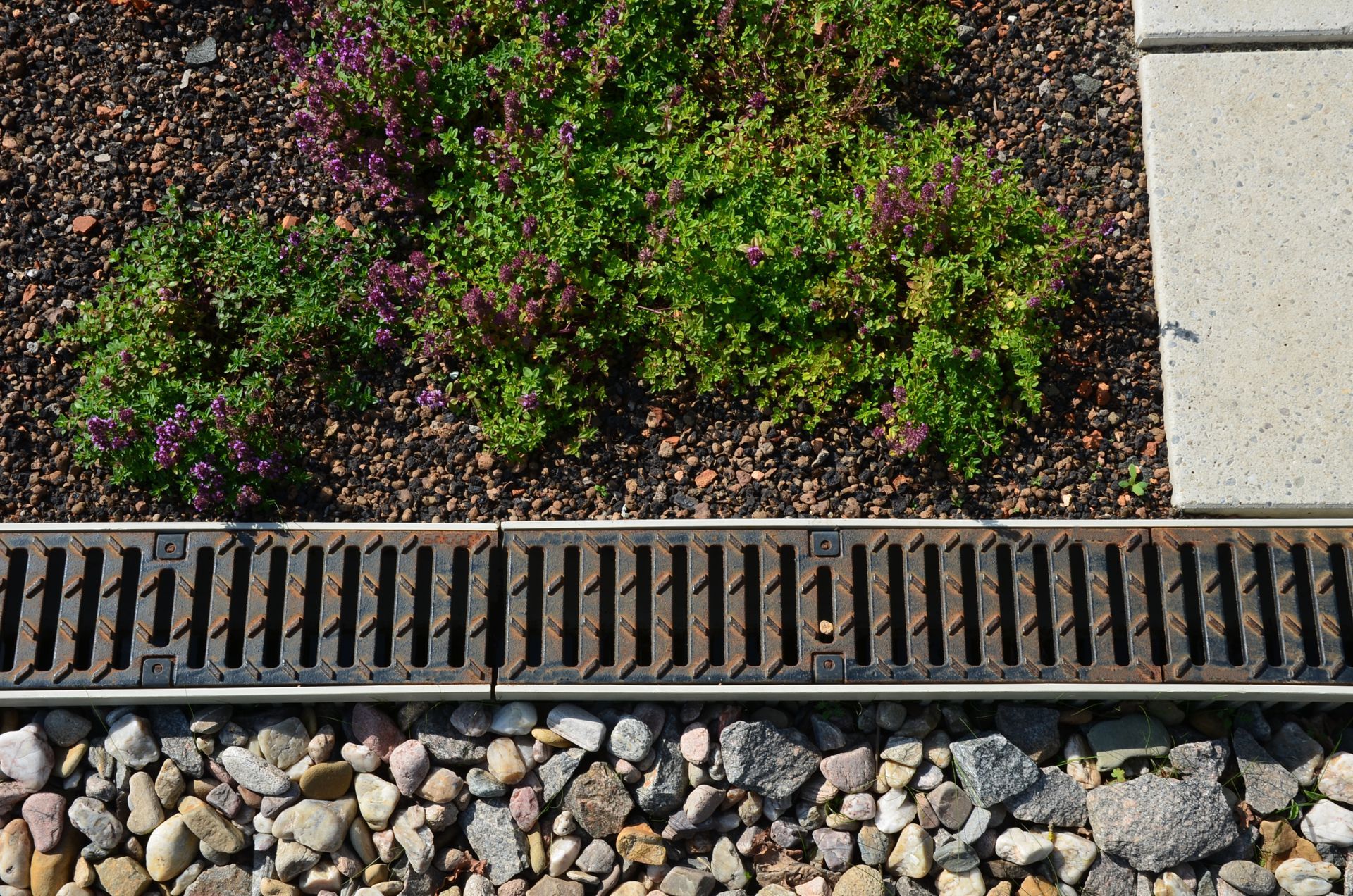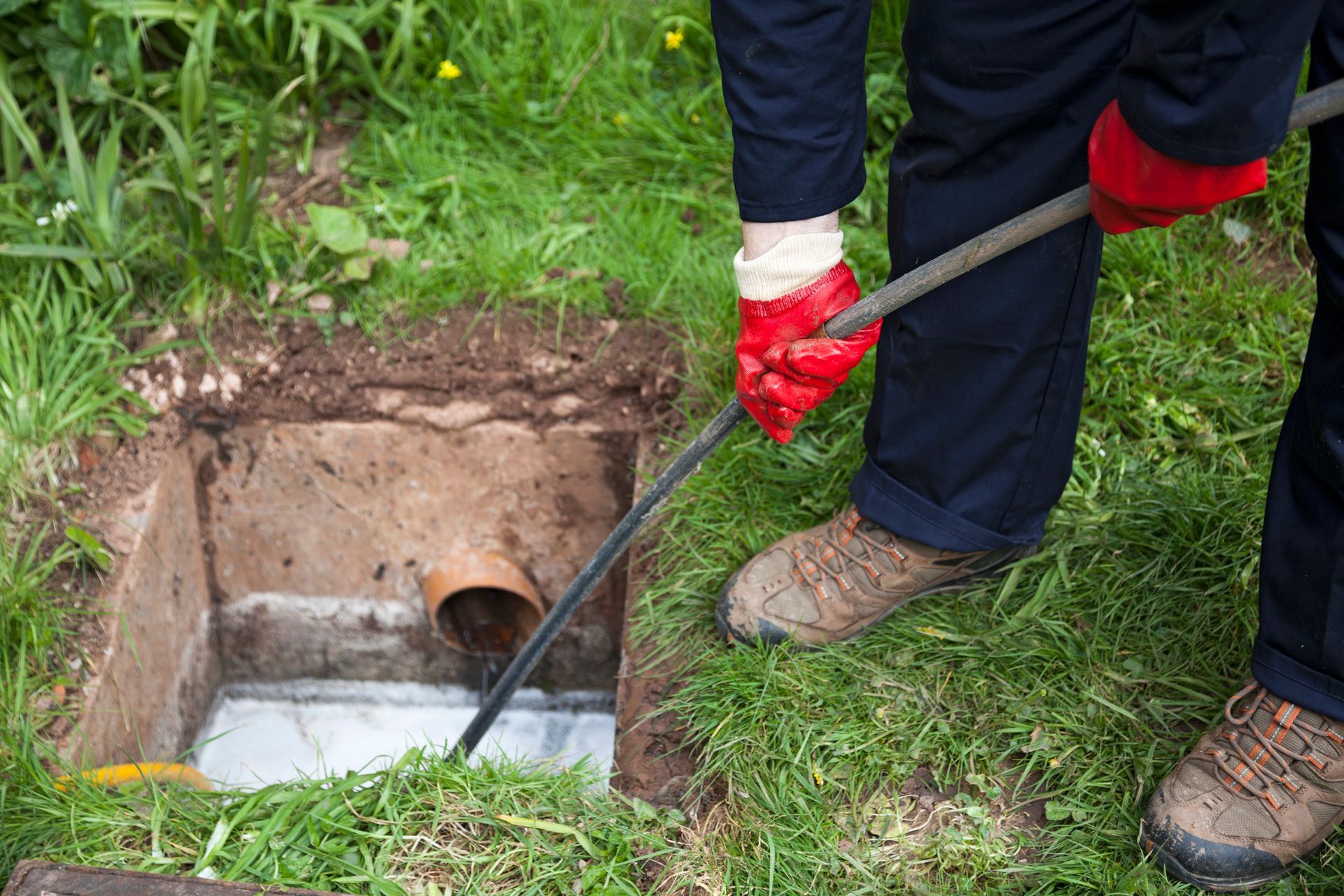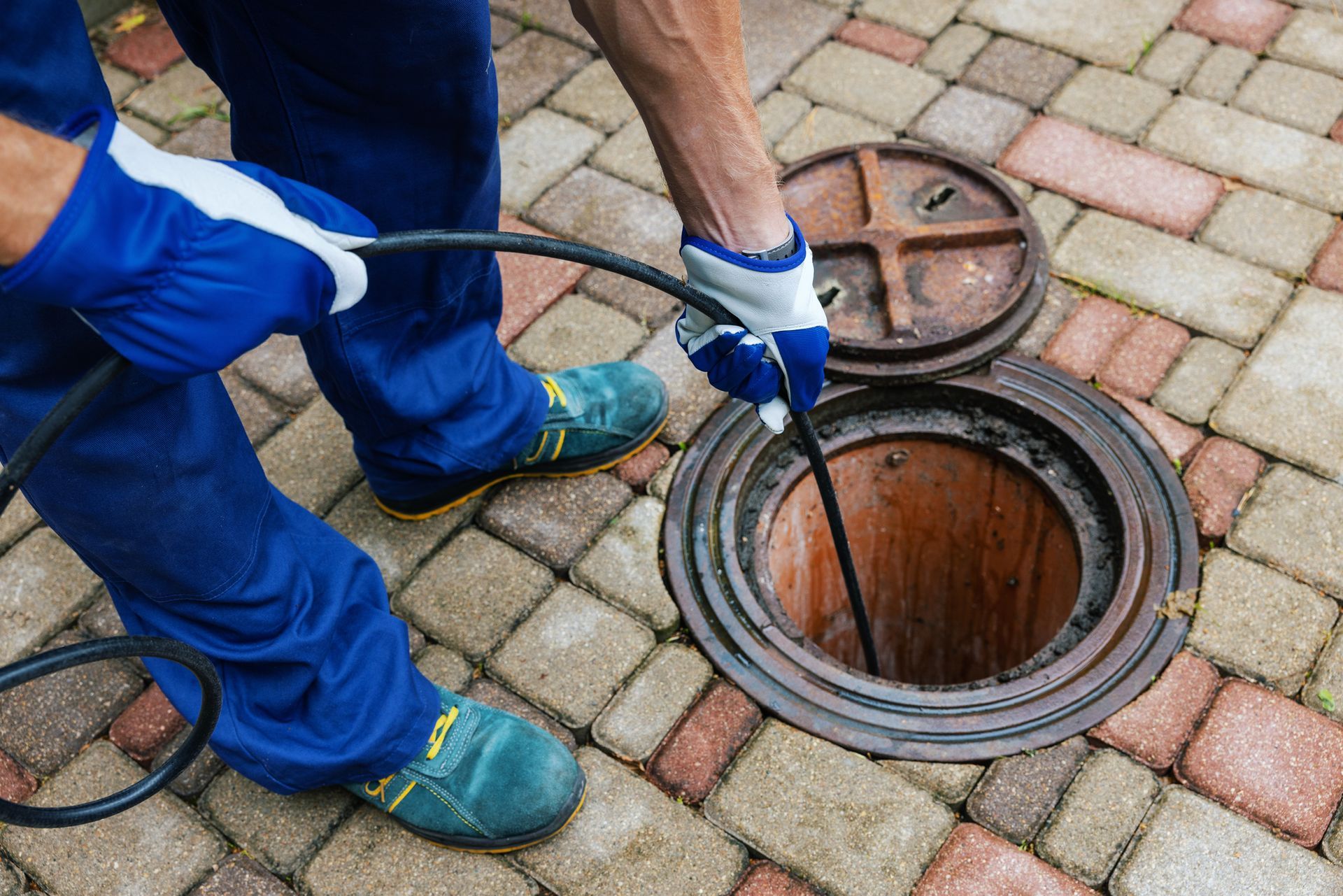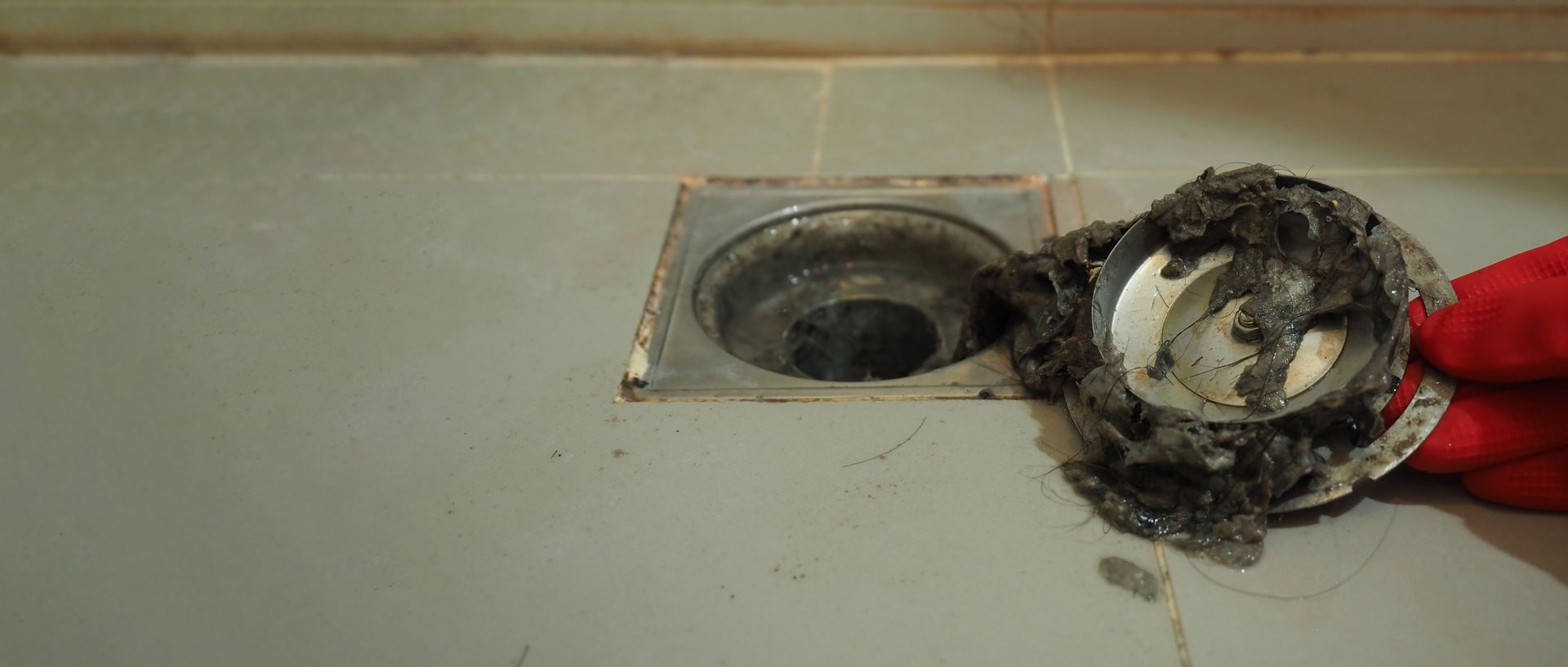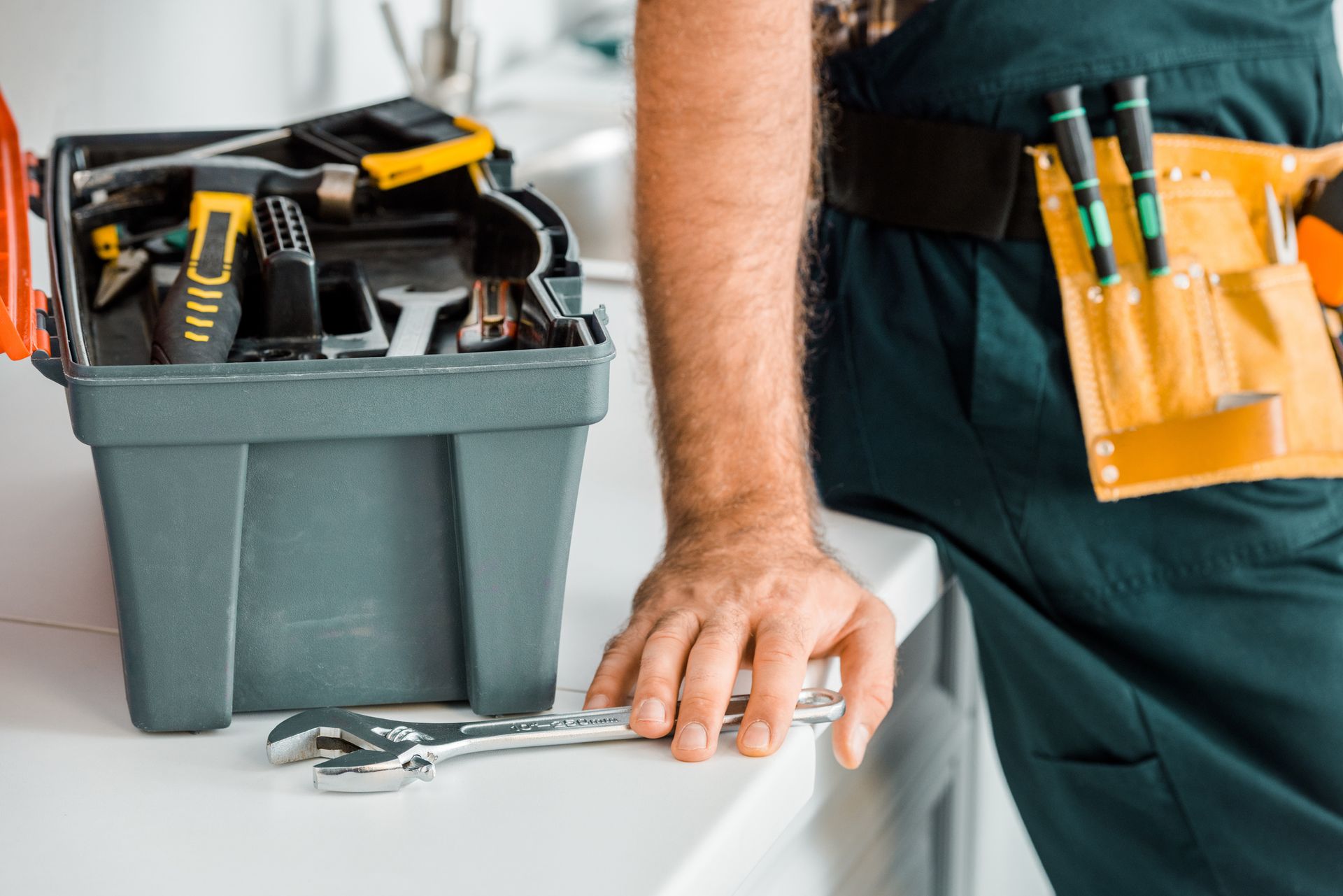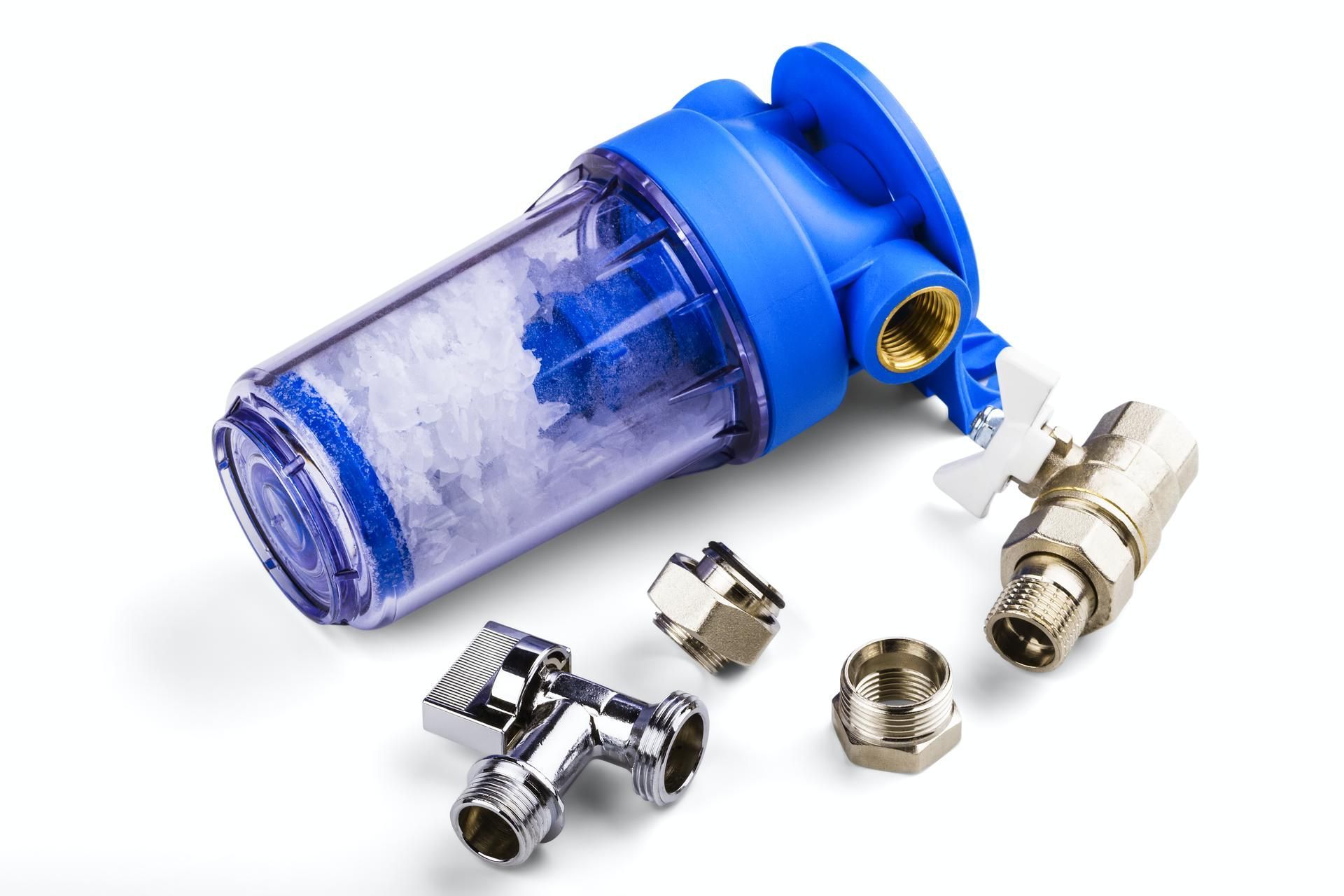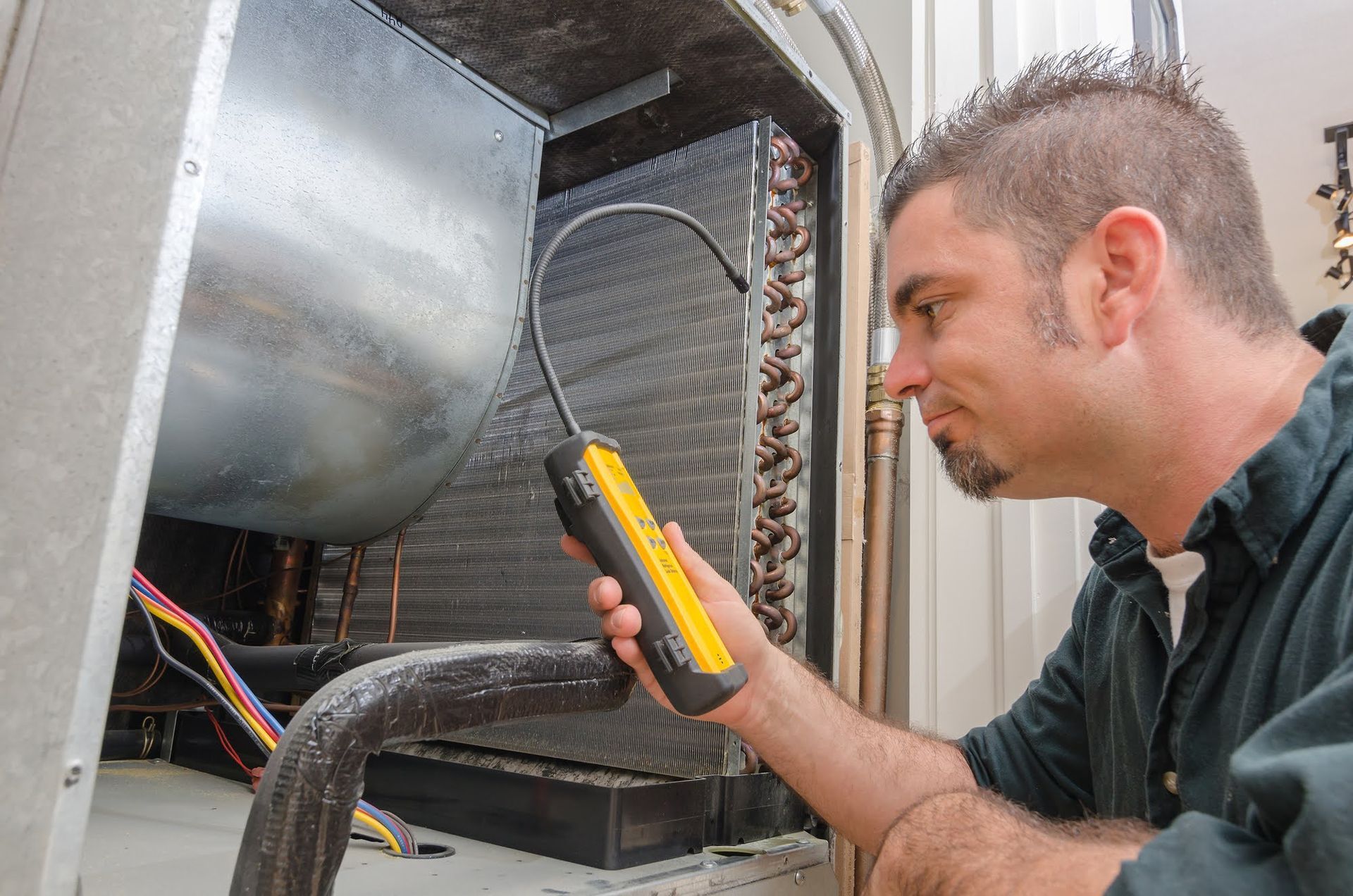A Brief Guide to Buying a Heat Pump
Admin • July 30, 2021
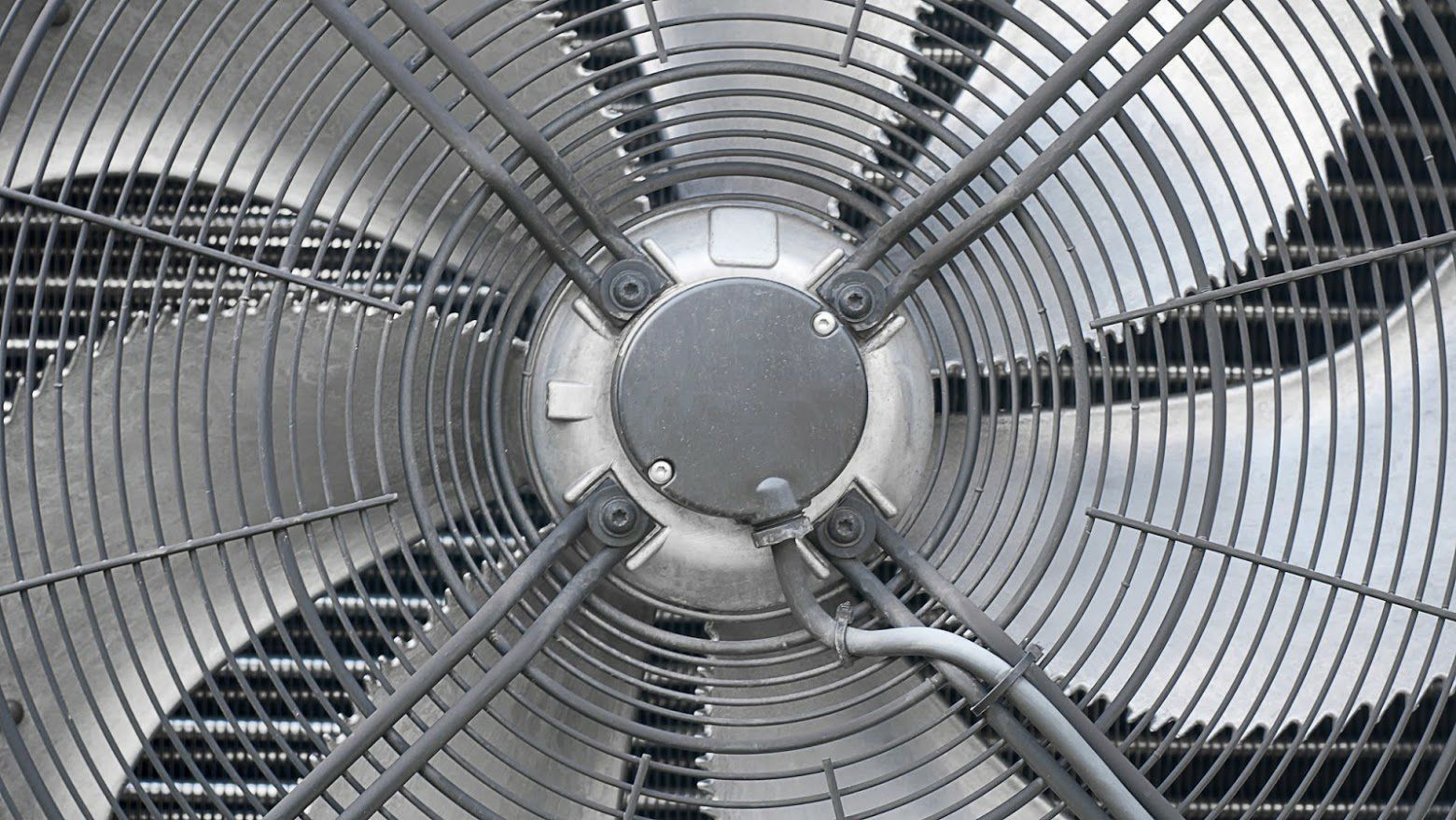
Heat pumps are energy-efficient, reliable, and durable, among other benefits. However, you will only enjoy these benefits if you buy the right heat pump for your house. Below are some critical issues to consider when shopping for a
heat pump.
Type
Heat pumps come in different types. Understand their basic types so you can make an informed decision.
1. Air-source
An air-source heat pump facilitates heat exchange between your indoor air and the outside air. The heat pump has an indoor air handler and an outdoor unit to facilitate the operations. An air-source heat pump picks up heat inside the
house and dumps it outside during the summer. The reverse occurs during the winter season.
Air-source heat pumps are ideal for moderate or mild climates. You might need an alternative heat source in extremely cold temperatures.
2. Geothermal
The outside unit sits below the ground for a geothermal heat pump. Heat exchange, therefore, occurs between the inside air and the ground. Geothermal heat pumps tend to be more efficient than their air-source counterparts are since the ground's temperature is more stable than the air temperature.
3. Split-ductless
Split-ductless heat pumps have one indoor unit (compressor/condenser) and one or multiple indoor units (air handlers). Split heat pumps don't require ductwork. Refrigerant tubing connects the outdoor unit to the indoor units. The heat
pumps are suitable for single rooms, avoid duct energy losses, and offer design flexibility advantages.
4. Hybrid
Hybrid heat pumps combine the functionalities of different systems. For example, a system can combine air-source and geothermal heat pumps. You can also combine a heat pump with a gas furnace.
Climate
As previously mentioned, some heat pumps are more suitable for some climates than others. Match your heat pump to your local climate for efficient operations. For example, you might want to avoid air-source heat pumps if your area
experiences freezing temperatures. Your HVAC contractor will guide you on which system best suits your area.
Consider a hybrid system if your area experiences fluctuating temperatures. That way, your house will be comfortable irrespective of the prevailing temperatures.
Installation
Installation processes with heat pump type. For example:
- Installing a geothermal heat pump involves excavation and additional piping that other heat pumps don't require.
- Split systems tend to require more piping and parts than other systems since you must connect the outside unit to each indoor unit.
- Packaged systems are easy to install since all the mechanical parts integrate into one unit.
- Split systems don't require ductwork.
The different installation formats lead to different overall costs. For example, the installation of geothermal heat pumps tends to cost more than air-source heat pumps.
Energy Efficiency
Energy efficiency should be top of your mind when installing any type of HVAC. An efficient system is good both for your pocket and for the environment.
Efficiency measurement depends on the type of system and measured efficiency. For example:
- You use the Seasonal Energy Efficiency Ratio (SEER) to measurer cooling efficiency for split and air-source system sir-source and split-ductless heat pumps.
- You use the Heating Seasonal Performance Factor (HSPF) to measure the heating efficiency of air-source and split-ductless systems.
- You use the Energy Efficiency Ratio to measure the cooling efficiency of geothermal heat pumps.
Your climate, budget, and the premium you place on energy efficiency determine how efficient your system should be. An efficient heat pump is an investment that you may recoup in the form of low energy bills.
Garden Spot Mechanical has over fifty years of combined experience in the HVAC industry. We understand what it takes to efficiently cool or heat your home. Contact us
for a consultation and quote on all your heating and cooling
needs.

